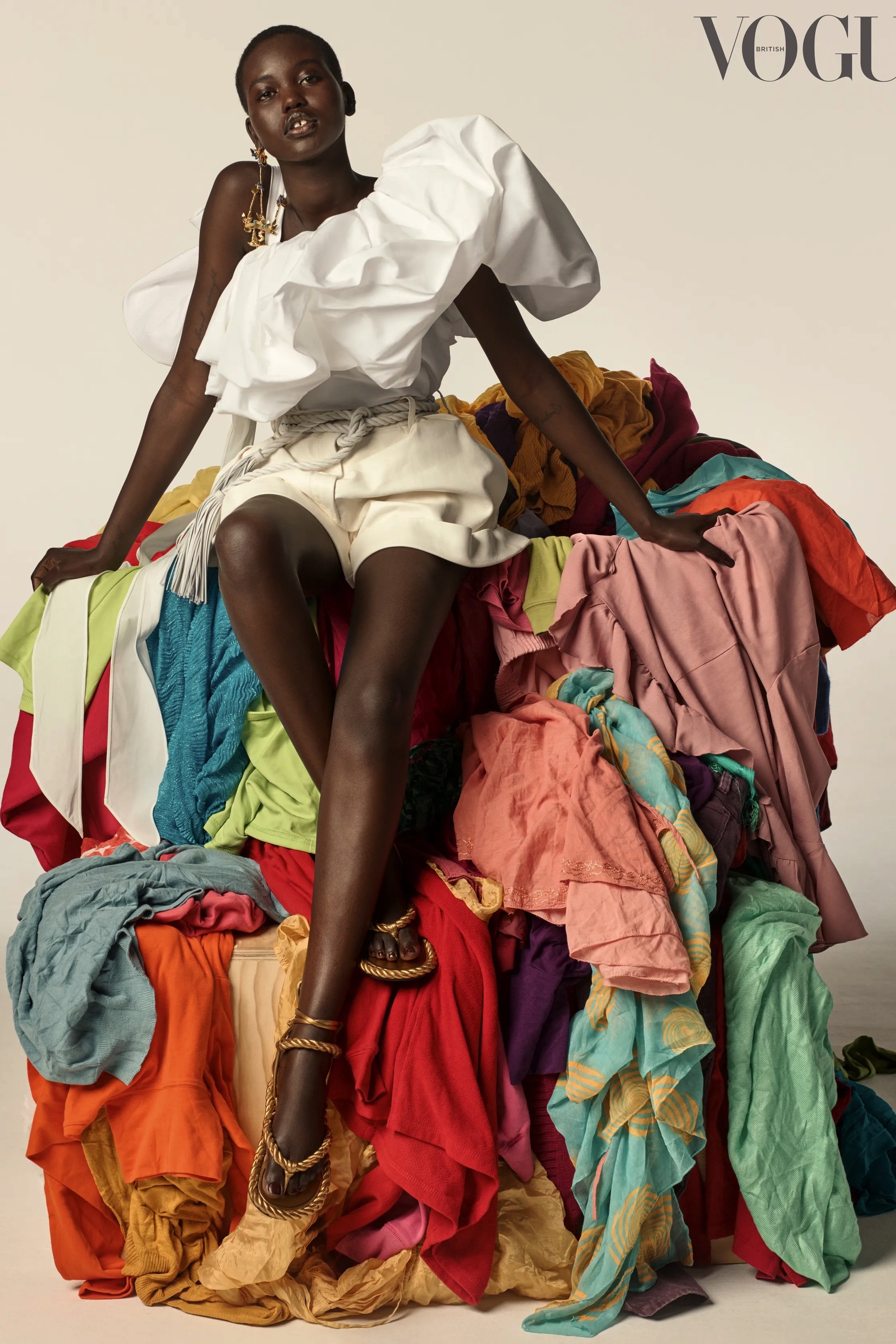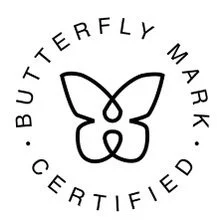Gen Z Demands Sustainability from Luxury Fashion Brands
There is no doubt that the fashion industry is changing. For example, 20 years ago, fast fashion was not nearly as popular, and luxury fashion brands promoting fur and leather pieces were a normal occurrence. But with every generation comes new customers, which forces industries like the fashion industry to change according to their customer’s interests.
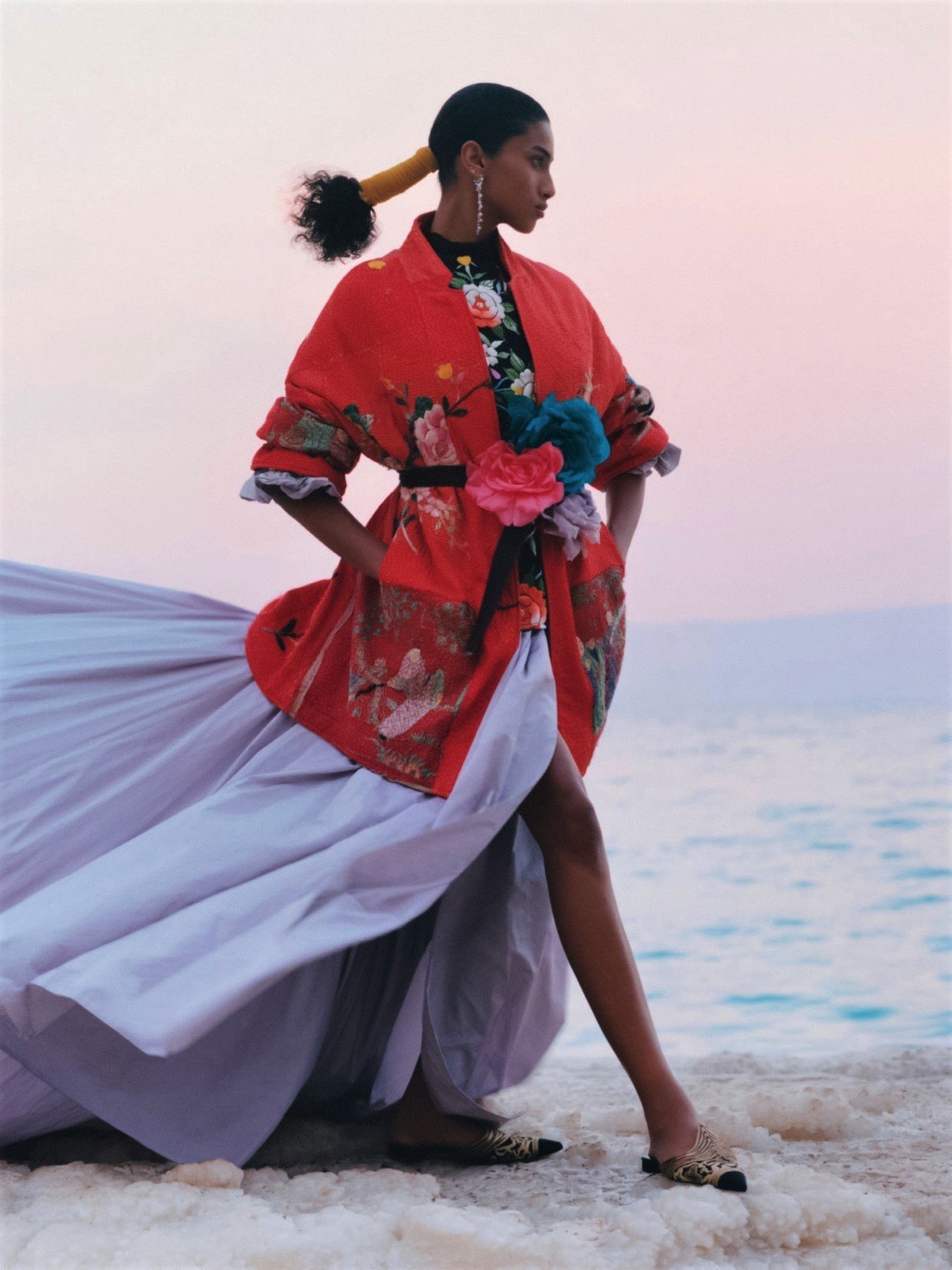
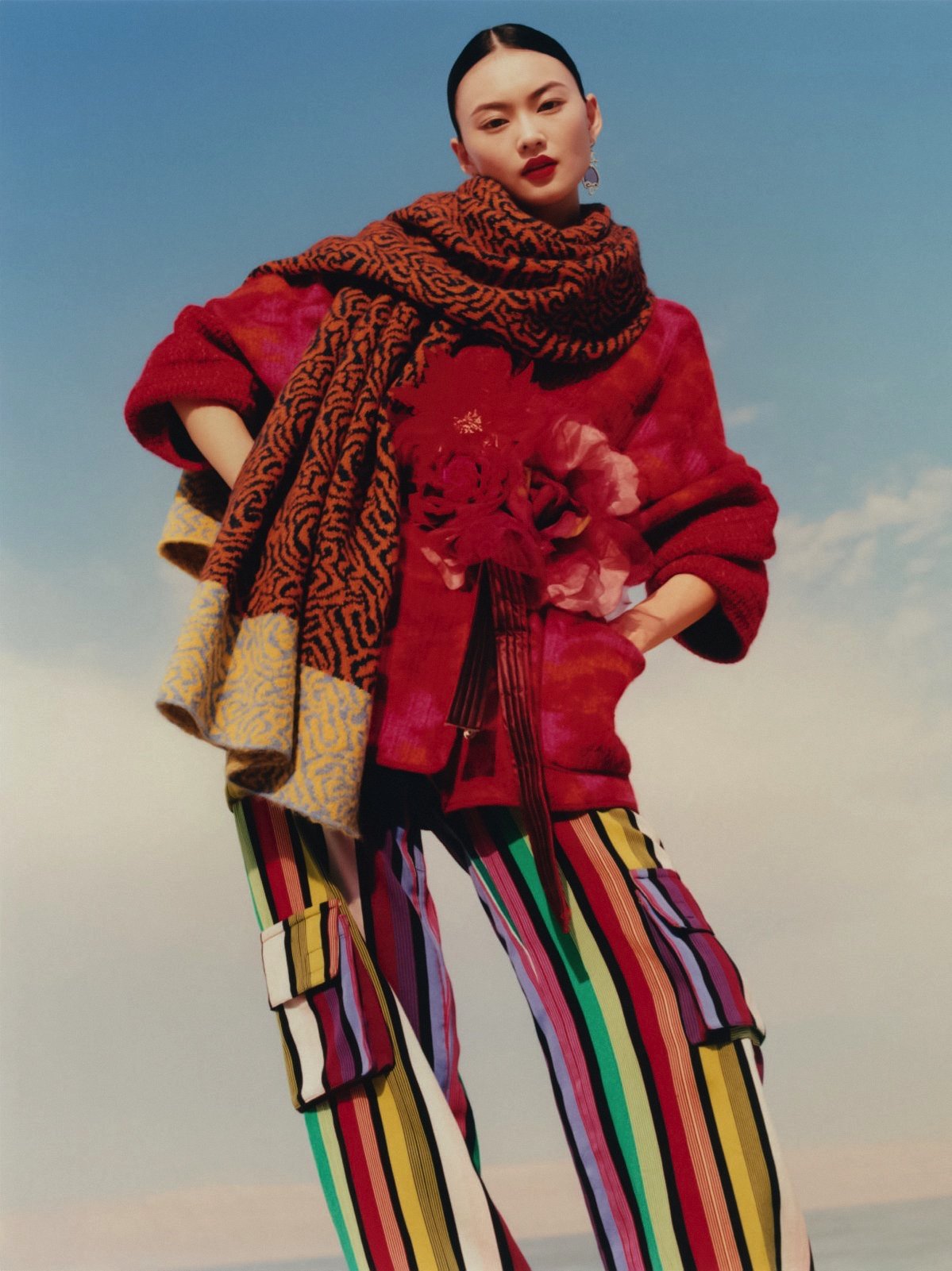
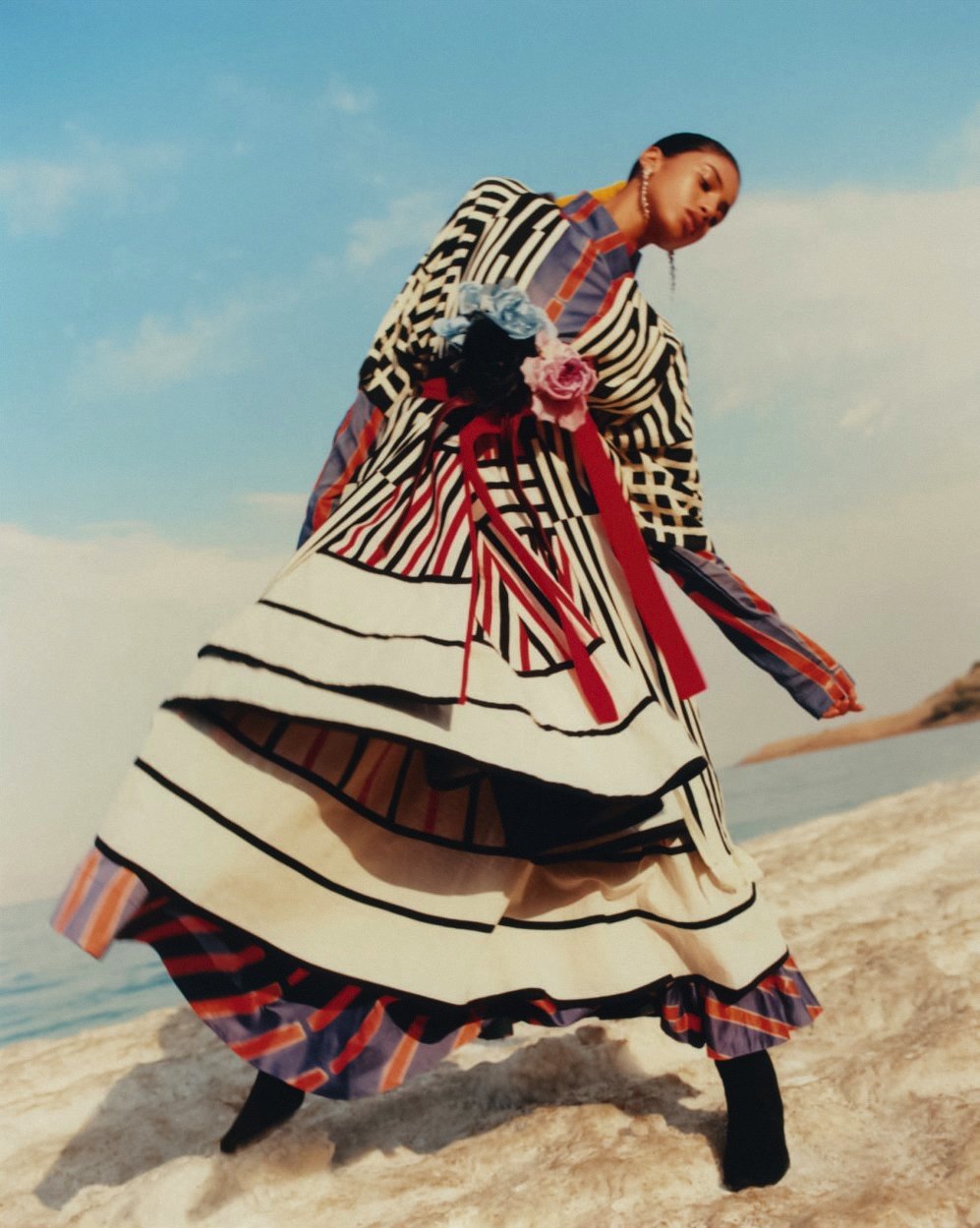
Generation Z refers to those born between 1997 and 2012. So, as of 2022, those who are between the ages of 10 and 25 are members of Generation Z, or Gen Z for short. A recent survey conducted by CNBC showed that those who are a part of Gen Z believe that climate change and global warming is a top concern. Also, a 2020 report by First Insight showed that 73% of Gen Z consumers were willing to pay more for sustainable products- more than any other generation.
Courtesy of Craig McDean/ Vogue UK
So, what does this mean for luxury fashion brands? Although Gen Z is a younger generation and most cannot afford the luxury price tag, it is estimated that by 2035, Gen Z will account for 40% of the luxury goods market and are the most important consumer group of this decade. Also, Gen Z does not respond well to ‘greenwashing’, defined as, a deceptive claim that tricks consumers into thinking that a company’s products are good for the environment, meaning that Gen Z demands that sustainability cannot be an afterthought and it must be transparent and backed by action.
Courtesy of Cartier
Many luxury brands have embodied and promoted sustainability to meet Gen Z standards. For example, Cartier, a luxury jewelry and watches brand, has promoted sustainability by using 90% recycled gold and conflict-free diamonds. Their conflict-free diamonds also follow the Code of Conduct of the Council for Responsible Jewelry Practices.
Courtesy of Positive Luxury
A great way to find out if your favorite luxury brand is sustainable is by seeing if it has the Butterfly Mark. Brands that have received the Butterfly Mark have, “independently verified evidence that they meet the highest standard of sustainability best practices across ESG+: Environmental, Social, Governance and Innovation,” according to Positive Luxury, the company that created the certification. Meaning, if a brand has the certification, it can attract customers who shop based on their personal moral values, such as Gen Z.
Courtesy of Peer Ledger
In the future, we might see luxury brands using technology to prove that they practice ethical labor and sustainable supply sourcing practices. Brands can do this through blockchain technology. Blockchain technology records a product’s ethical sourcing practices, labor practices, environmental footprint, and authenticates the product to prevent counterfeiting. The way blockchain technology can be introduced is through QR codes or through RFID tags.
Courtesy of GREATS Royale Sneakers
An example of a luxury brand who integrated blockchain technology through smart tags is GREATS Royale Sneakers who stored digital information and a product number in a smart tag that can be scanned with a smartphone. Although the technology has not been seen much in luxury fashion, it might be integrated more in the future to meet Gen Z’s demands of sustainability.


